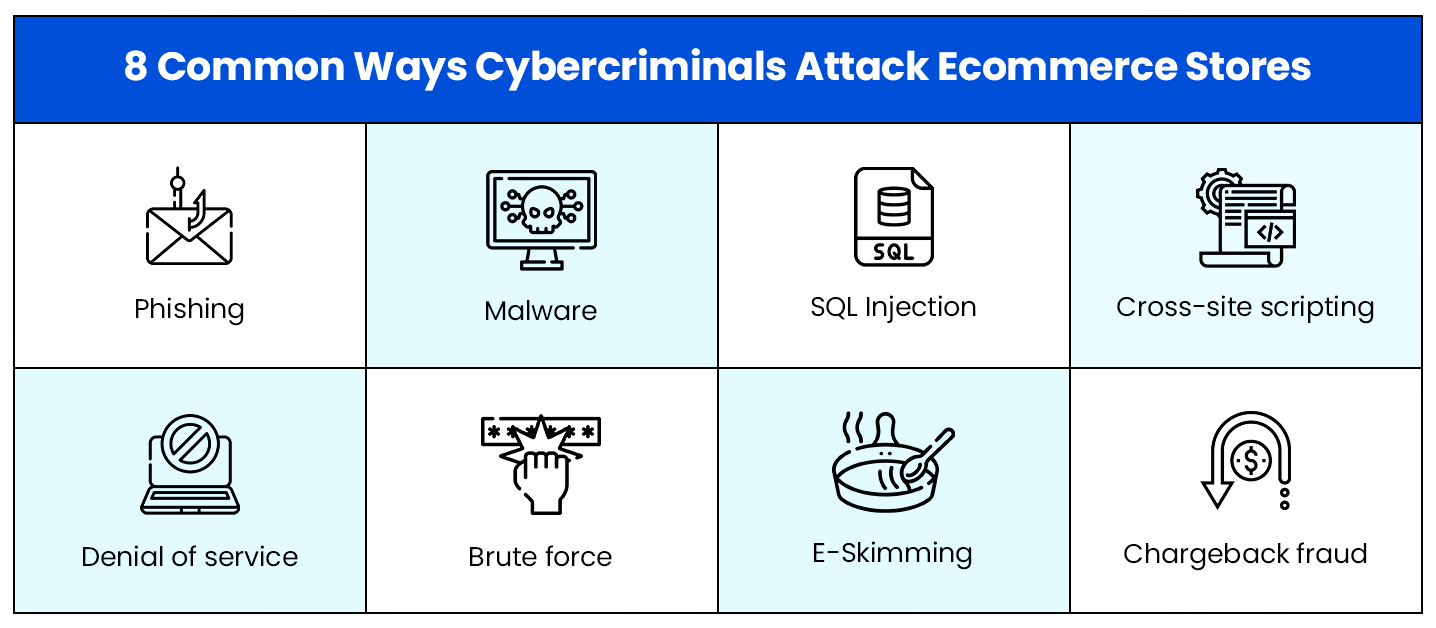Building trust with your customers is one of the most crucial aspects of running a successful eCommerce store. In a crowded marketplace, shoppers need to feel confident that they are making the right choice when purchasing from your store. One of the most powerful tools for building this trust is social proof.
Social proof refers to the idea that people are influenced by the actions, opinions, and experiences of others. When potential customers see that others have bought, enjoyed, or recommended a product, they are more likely to make a purchase themselves. In this article, we’ll explore different ways you can leverage social proof in your eCommerce store to build trust, increase conversions, and boost sales.

What is Social Proof and Why Does it Matter?
Social proof is a psychological phenomenon where people rely on the actions and opinions of others to determine the appropriate behavior in a given situation. It’s based on the concept of herd mentality, where individuals assume that if others are doing something, it must be the right or popular choice.
For eCommerce stores, social proof can take many forms, such as customer reviews, ratings, testimonials, influencer endorsements, user-generated content, and social media shares. When shoppers see positive feedback or evidence of other people making purchases, it reassures them that the products and your store are trustworthy.
Types of Social Proof to Implement in Your eCommerce Store
There are several types of social proof you can use to build credibility and trust on your eCommerce site. Let’s break down some of the most effective types:
Customer Reviews and Ratings
One of the most common and effective forms of social proof is customer reviews and ratings. Positive reviews give new customers confidence in your products and help them make informed purchasing decisions. According to studies, around 79% of people trust online reviews as much as personal recommendations.
- How to Use Them: Display customer reviews prominently on product pages. Highlight average star ratings, written reviews, and even photos or videos from customers. Consider adding a review widget that allows customers to easily rate products and leave feedback.
- Best Practices: Encourage satisfied customers to leave reviews by offering incentives like discounts or a chance to win a prize. Respond to both positive and negative reviews to show you value feedback and are committed to improving customer satisfaction.
Testimonials
Customer testimonials are short, positive statements from satisfied buyers that speak to the quality of your products, services, and customer experience. Testimonials can be even more impactful when they come from well-known individuals, experts in your industry, or influencers.
- How to Use Them: Create a dedicated testimonial page or display a few powerful quotes on your homepage and product pages. You can also incorporate customer stories in your email marketing or social media campaigns.
- Best Practices: Make your testimonials personal by including names, photos, and specific details about the customer’s experience. Authenticity is key to making testimonials more convincing.
Influencer Endorsements
Collaborating with influencers in your niche can significantly boost your credibility. Influencers are trusted by their followers, and their endorsements of your products can increase brand awareness, drive traffic, and increase sales.
- How to Use Them: Partner with influencers to create sponsored posts or product reviews. Share these endorsements on your product pages or use them in social media ads.
- Best Practices: Choose influencers whose values align with your brand and who have an engaged, relevant audience. Make sure to track the impact of these partnerships with unique discount codes or affiliate links.
User-Generated Content (UGC)
User-generated content includes any content that customers create, such as photos, videos, or social media posts featuring your products. UGC is an excellent form of social proof because it shows potential customers real-life examples of how your products are used and enjoyed.
- How to Use It: Feature UGC on your website, especially on product pages. Encourage customers to share photos of themselves using your products on social media and tag your brand.
- Best Practices: Create branded hashtags and run social media campaigns that incentivize customers to share their content. Offer a discount or prize to customers who contribute UGC.
Conclusion
Incorporating social proof into your eCommerce store is one of the best ways to build trust, increase credibility, and drive conversions. Whether you’re showcasing customer reviews, leveraging influencer endorsements, or displaying user-generated content, social proof helps potential customers feel more confident in their purchasing decisions. By making social proof a key part of your marketing strategy, you can enhance the customer experience, improve your brand’s reputation, and ultimately boost your eCommerce sales.




